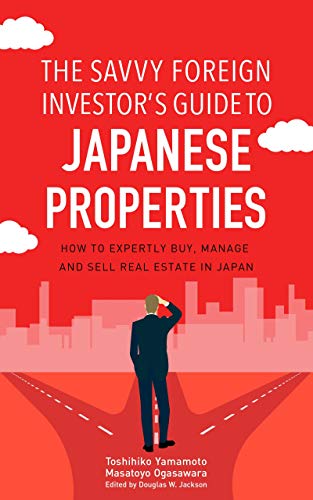As mentioned previously, Japan has an acute lack of hotels and other lodgings, especially in major urban centers. With the Olympics and other major world sporting events coming during the next three years and the country’s surging popularity as a destination, that is a major concern.
The new Minpaku [Private Lodging] Law—passed by the government in 2016 that took full effect in mid-June 2018—is meant to help address the shortage of places to stay and bring order to an unregulated market. The concept of temporary private lodging outside of the usual places, typified by Airbnb and similar services, has so far provided a welcome and needed alternative. However, the specifics of the new law promise to have a chilling effect on such private lodgings, and will also affect the real estate industry and property investors intent on setting up such places to house travelers.
On its face, the Minpaku Law seems straightforward enough. It permits people to run minpaku by simply registering houses meeting certain criteria, with no hotel license required, thus allowing short-term housing rentals under certain conditions. Individuals can utilize idle assets such as empty houses and empty rooms for profit.
However, the law limits such home sharing to 180 days a year. Some hosts say the 180-day cap makes it difficult to turn a profit. The law has strict provisions that minpaku owners must meet. Local governments, which have final authority to regulate services in their areas, are imposing even more severe restrictions, citing security or noise concerns.
In addition, the prospect of regularly having strangers in the neighborhood puts off many Japanese. Tokyo’s Chuo Ward, where the famous Ginza shopping district is situated, has banned weekday rentals on the grounds that allowing strangers into apartment buildings during the week could be unsafe. The ancient capital of Kyoto, which draws more than fifty million tourists a year, will allow private lodging in residential areas only between January 15 and March 16, cutting out stays during the popular spring and fall tourist seasons.
In short, some renters and experts say, the new law and local regulations are doing more to hurt than help, and will likely force many homeowners to stop offering lodgings. The minpaku industry has vast potential, however, and is evolving dramatically. For example, Seven-Eleven Japan Co. reportedly launched an automated check-in service for minpaku that allows guests to collect and leave room keys 24 hours a day, a service developed jointly with Japan’s largest travel agency, JTB.
To Be Continued

